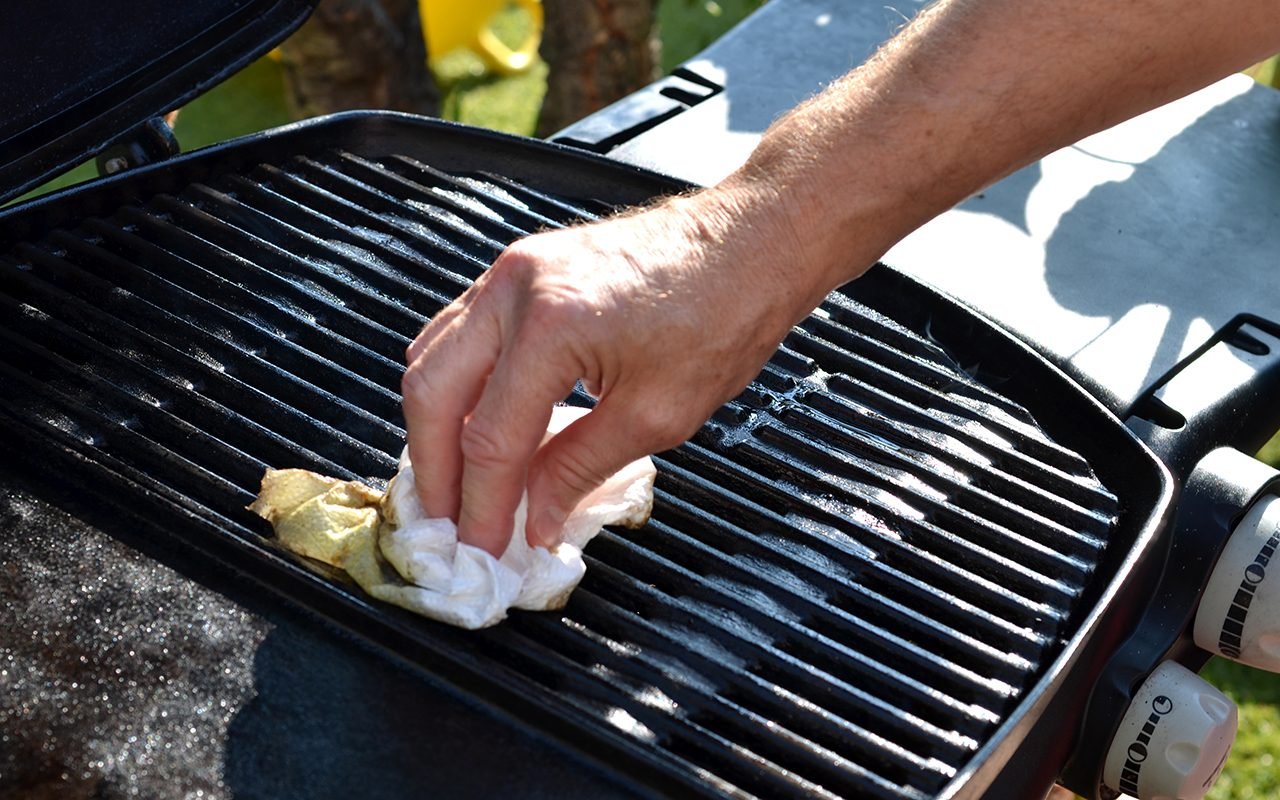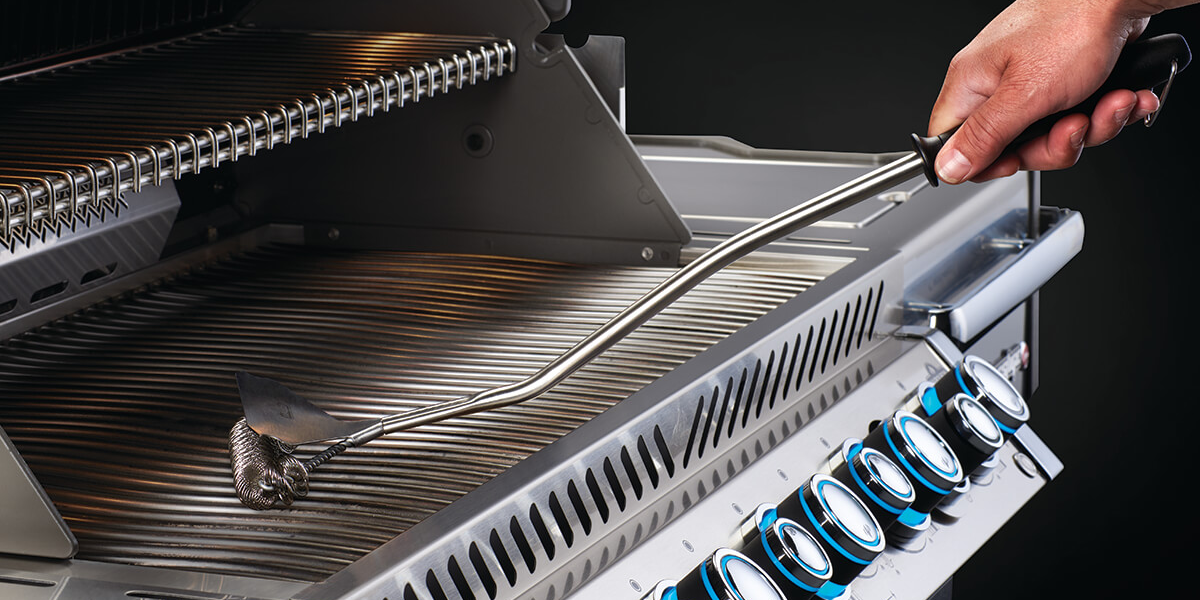How to Prevent Flare Ups: Mastering the Art of Grilling
Written By James Morgan
For any barbecue enthusiast, understanding how to prevent flare ups is crucial. Flare ups can turn a perfectly good grilling session into a chaotic dance of fire and smoke, often resulting in charred food and a potentially hazardous situation. In this article, we delve into effective strategies to manage and prevent these pesky occurrences, ensuring a smooth and delightful barbecuing experience.

Understanding Flare Ups
Before learning how to prevent flare ups, it's essential to understand what they are. Flare ups occur when fat and juices from your food drip onto hot coals or a gas grill's burner, causing sudden bursts of flame. While some flare ups are inevitable, especially when grilling fatty cuts of meat, excessive flare ups can lead to burnt food and a smoky mess.
Choosing the Right Grill and Tools
Your choice of grill plays a significant role in managing flare ups. For those serious about reducing flare ups, investing in quality grill grates is a smart move. GrillGrate, for example, offers a unique design that minimizes flare ups by channeling drippings away from the heat source (Serious Eats). Additionally, using a drip pan underneath your grill can catch excess fat and juices, preventing them from hitting the flames.
Pre-Grilling Preparations
Preparation is key to preventing flare ups. Start by trimming excess fat from your meats. While fat contributes to flavor, too much of it can lead to frequent flare ups. Marinating your meat can also help, as marinades often act as a barrier between the heat and the meat, reducing fat drippings. Consider using indirect heat for cooking fattier cuts, keeping them away from direct flames.
Grilling Techniques to Prevent Flare Ups
Once you're ready to grill, employ techniques that minimize flare ups. Keep your grill lid closed as much as possible to control oxygen flow, which can exacerbate flare ups. If a flare up occurs, move the meat to a cooler part of the grill until the flames subside. Never use water to douse a flare up, as it can cause steam and ash to fly up onto your food.
Monitoring and Maintenance
Regular maintenance of your grill is vital. Clean your grill grates before and after each use to prevent the buildup of grease and food particles. A clean grill reduces the likelihood of flare ups. Additionally, check your grill's grease tray and empty it regularly. If you're using a charcoal grill, arrange your coals to create a hot and cool zone, giving you more control over flare ups.
Managing Flare Ups During Cooking
While grilling, keep a close eye on your food. If you notice a flare up, act quickly by moving your food away from the flames. Having a long-handled pair of tongs on hand is useful for this. Adjusting the temperature can also help; lower the heat if you're experiencing frequent flare ups. For more tips on managing grilling challenges, visit Grilling for All.

Post-Grilling Tips
After grilling, let your meat rest. Resting allows juices to redistribute, making for a more flavorful bite. This also helps reduce the amount of fat that drips when the meat is cut, minimizing flare ups. For further reading on maintaining your grill grates post-cooking, check out Grill Grates Discoloring.
FAQ
Q: Why do flare ups happen frequently on my gas grill?
A: Flare ups on gas grills often occur due to excess grease buildup in the grill's drip tray or on the grill grates. Regular cleaning and maintenance can help reduce their occurrence.
Q: Is it safe to grill during a flare up?
A: While minor flare ups are manageable, it's essential to control them quickly. Move food away from flames and avoid using water to douse the fire, as it can cause steam and ash to splash onto your food.
Q: Can a grill grate upgrade help reduce flare ups?
A: Yes, upgrading to a grill grate designed to minimize flare ups, such as those offered by GrillGrate, can significantly reduce the occurrence of flare ups.
For more insights on grilling and barbecue tips, visit Food Sticks to Grill Grates or explore Kick Ash Basket for a better grilling experience.



